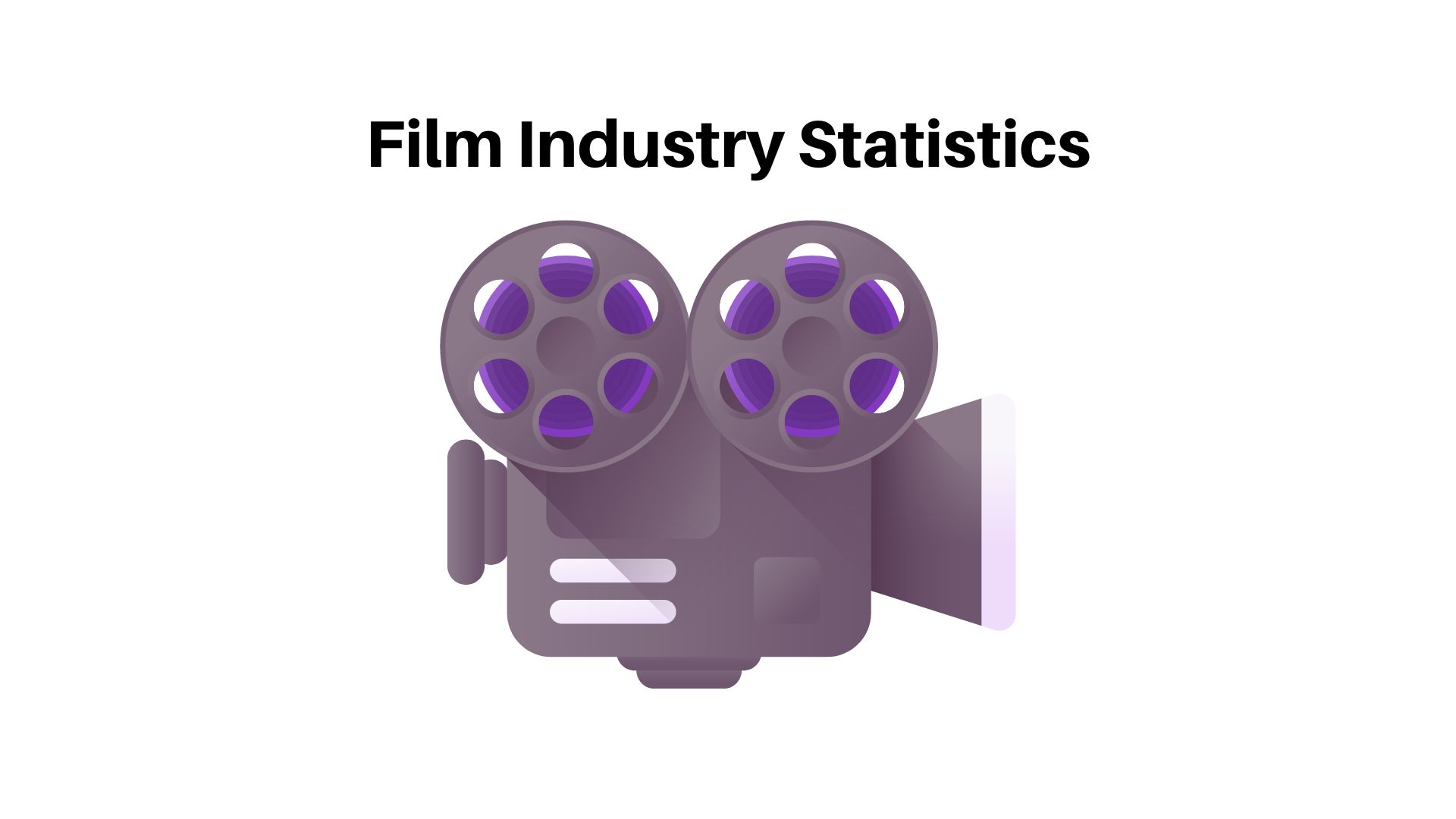Oracle Enhances Business Intelligence with Environmental Accounting and Reporting
In an effort to help organization track greenhouse emissions and sustainability, Oracle (NASDAQ: ORCL) has introduced Oracle Environmental Accounting and Reporting and JD Edwards EnterpriseOne Environmental Accounting and Reporting.
The modules, provided as an option for the Oracle E-Business Suite Financials and JD Edwards EnterpriseOne Financial Management, enable organizations to track their greenhouse gas emissions and other environmental data against reduction targets, and to obtain accurate, repeatable and verifiable methodologies for greenhouse gas calculation, the company says.
In an interview with Enterprise Apps Today, Jon Chorley, vice president of product strategy for Oracle, said the new ERP modules provide an efficient, comprehensive and auditable method of collecting data related to environmental emissions, such as greenhouse gasses, water consumption and other key factors.
“It creates a record of those emissions and transactions and then provides methods to analyze and report against that data in either standardized formats such as the Carbon Disclosure Project or in ad-hoc format using our business analytics tools,” Chorley said.
How Oracle Environmental Accounting and Reporting Works
The Environmental Accounting and Reporting modules manage this function from within the existing ERP system, using Oracle Business Intelligence to provide immediate insight into an organization's environmental data to identify and manage CO2 and cost reduction opportunities.
By leveraging existing platforms to collect and report environmental data based on existing business processes, such as invoicing, organizations are able to increase environmental data collection efficiency and reliability and deliver a more accurate measurement of energy consumption.
The basic flow is that in the course of normal business transactions, where you enter information regarding invoices, you are able to enter additional information that can be used to provide the computations necessary to determine environmental impact.
Chorley said there would be some standard data entry – such as the assets you have, consumption, outputs – then a calculation layer converts that information into specific emissions and stores it in an accounting structure. “That data can then be extracted and extracted to a data warehouse constructed using the Oracle Business Intelligence Tool (OBIEE) and against which we generate pre-built dashboards and reports that analyze,” he said.
Environmental reports required for external reporting can be rapidly created in multiple delivery formats, including spreadsheets, email and PDF.
The advantage to this approach is that customers can embed this capability within in the context of existing business process, using tools people are already familiar with to streamline this information. It also provides a well-structured repository of this information that is enterprise-wide and conforms to standards for auditing and compliance, said Chorley.
You can read more about Oracle ERP here.

Vangie is a freelance technology writer who covers Internet technologies, online business, and other topics for over 15 years. SEO Content Writer with high-quality organic search results. Professional freelance technology writer with over 15 years experience. - Understands the technology trends in SMB and Enterprise markets. - Proficient in email marketing and social media campaigns. - Trusted and respected voice in small business marketing via e-commerce. - Knowledgeable in how to incorporate sales initiatives and assets into articles or Web content. Experienced social media marketer. Specialties: SEO. Electronic commerce, small businesses, Internet. Computers, servers, networking. Computer science. Terms, terminology. Social media, email marketing. Mobile apps. Operating systems. Software and hardware. Interviews, tips, advice, guides and feature articles. Marketing, slideshows, how-to guides. Search engine tools.
